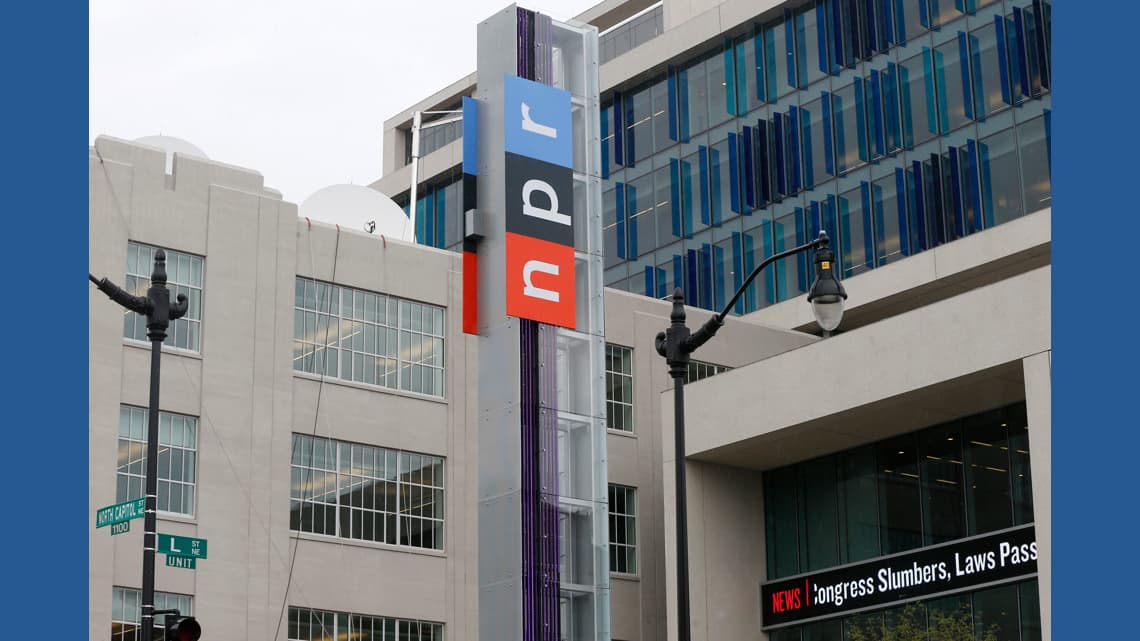Trump praises Mohammed bin Salman, says crown prince knew nothing about Khashoggi murder
In a high profile Oval Office meeting, President Donald Trump lauded Crown Prince Mohammed bin Salman for an "incredible job" on human rights and insisted the Saudi leader "knew nothing" about the 2018 murder of Jamal Khashoggi. The encounter underscores growing U S support for closer ties with Riyadh even as regional diplomacy, Israeli politics, and a deadly attack in the West Bank complicate prospects for a broader normalization drive.
President Donald Trump welcomed Crown Prince Mohammed bin Salman to the Oval Office on November 18, 2025, offering effusive public praise that revived contentious debate over human rights and accountability. Trump described the crown prince as having done an "incredible job" on human rights and said MBS "knew nothing" about the killing of Washington Post columnist Jamal Khashoggi in 2018, remarks that signal a sharp recalibration of American posture toward Riyadh.
The meeting came as the crown prince signaled interest in joining the Abraham Accords, a diplomatic framework that has brought formal ties between Israel and several Arab states. Mohammed bin Salman conditioned any move toward direct normalization on progress toward a Palestinian state, indicating Riyadh seeks to balance strategic alignment with sustained attention to Palestinian aspirations.
For Washington, the embrace of the Saudi leader represents a strategic pivot that prioritizes economic and security ties including energy, arms sales, and coordination on Iran. Critics domestically and abroad argue that such gestures risk sidelining core principles of human rights and international law. The Khashoggi murder remains a central point of contention in that debate, with intelligence assessments and court proceedings in multiple countries continuing to shape perceptions of responsibility at the highest levels in Riyadh.
The Saudi gambit comes at a fraught moment for Israeli politics and Palestinian diplomacy. National Security Minister Itamar Ben Gvir of the Otzma Yehudit faction urged the arrest of Palestinian Authority President Mahmoud Abbas should the United Nations advance recognition of a Palestinian state. That call intensified tensions within Prime Minister Benjamin Netanyahu's coalition as hard line figures press confrontational measures against Palestinian leadership moves in international fora.
Those domestic pressures were compounded by a deadly terror attack in the West Bank on the same day. Israeli authorities said two assailants attempted to ram into civilians at the Gush Etzion Junction before exiting their vehicle and stabbing bystanders. Aharon Cohen, 71, was killed and three others were wounded. Troops opened fire and killed the attackers, while a woman struck by Israeli fire was reported in serious condition. The attack is likely to harden security rhetoric in Jerusalem and complicate any peacemaking momentum.
The three threads converged in a region where diplomatic openings are fragile and domestic political narratives matter. Riyadh's overture toward the Accords, coupled with Washington's public backing, could accelerate a new alignment across the Gulf and parts of the Levant. Yet the unresolved questions about Khashoggi, the volatile security environment on the ground, and sharp divisions within Israeli politics mean any forward movement will face significant obstacles.
International observers say the coming days will test whether diplomatic ambitions can overcome entrenched grievances. For Palestinians, the insistence on a path to a state from Riyadh offers leverage, while for Israel hard line responses to UN moves and the impact of violence may harden stances. For Washington the balancing act between strategic interest and commitment to human rights will remain both a policy and a political challenge.


